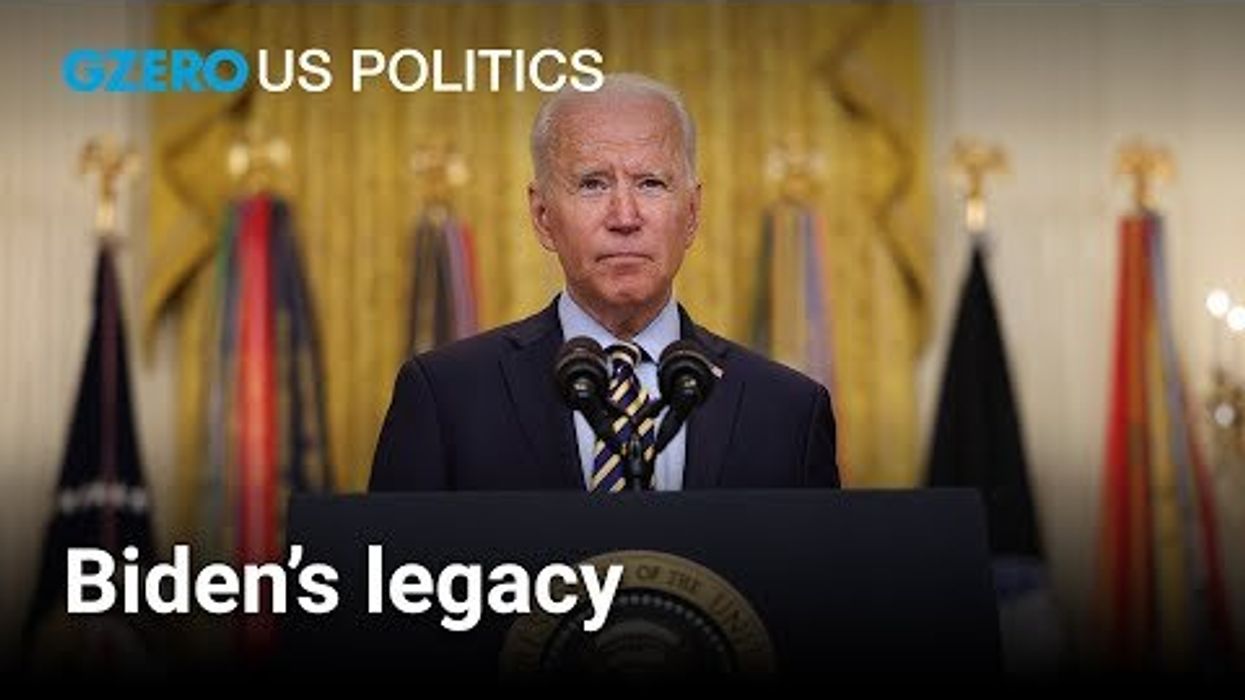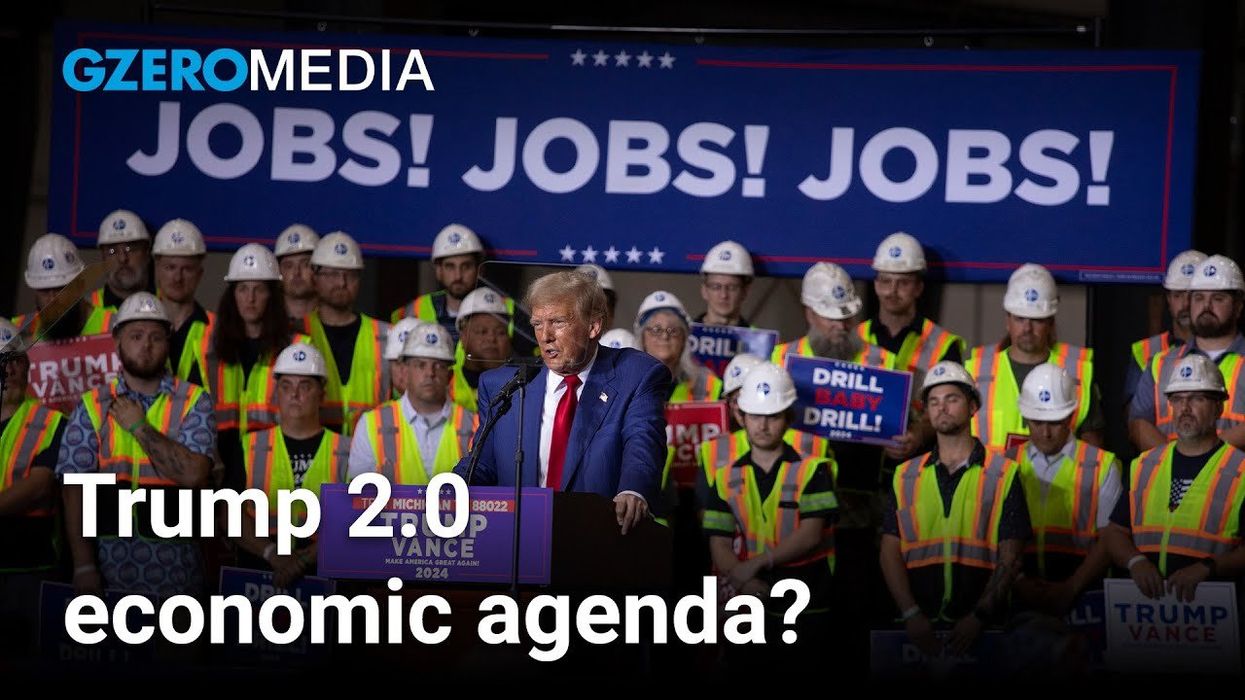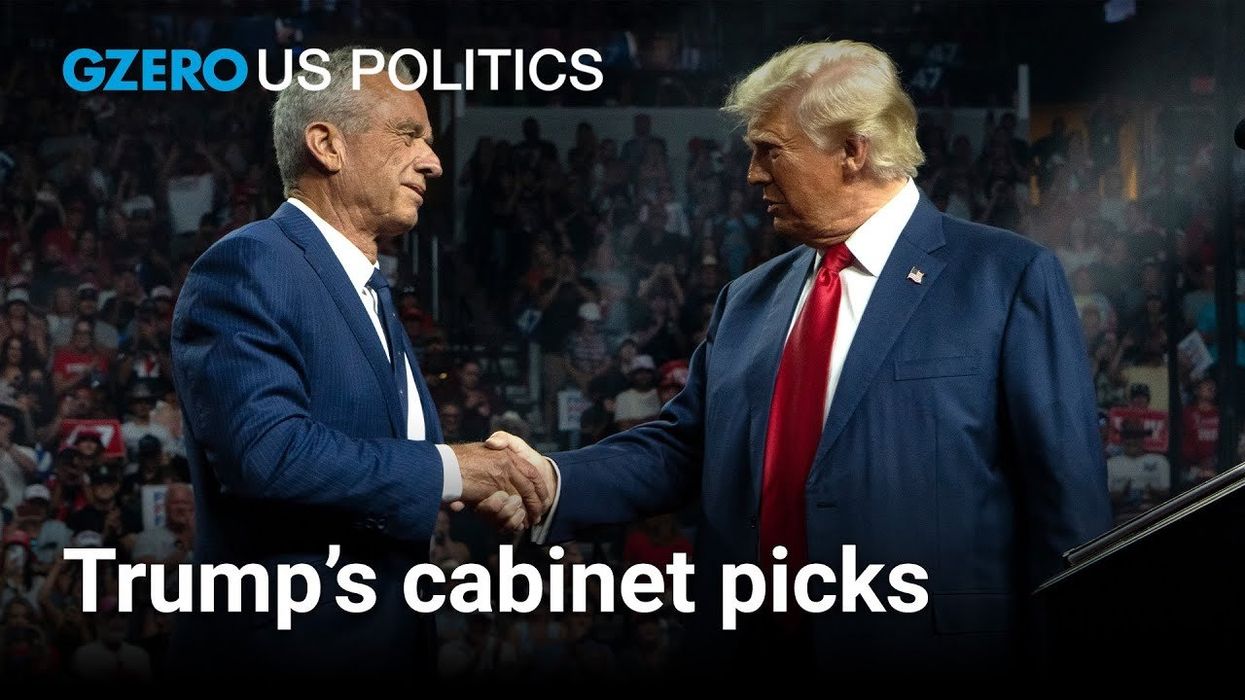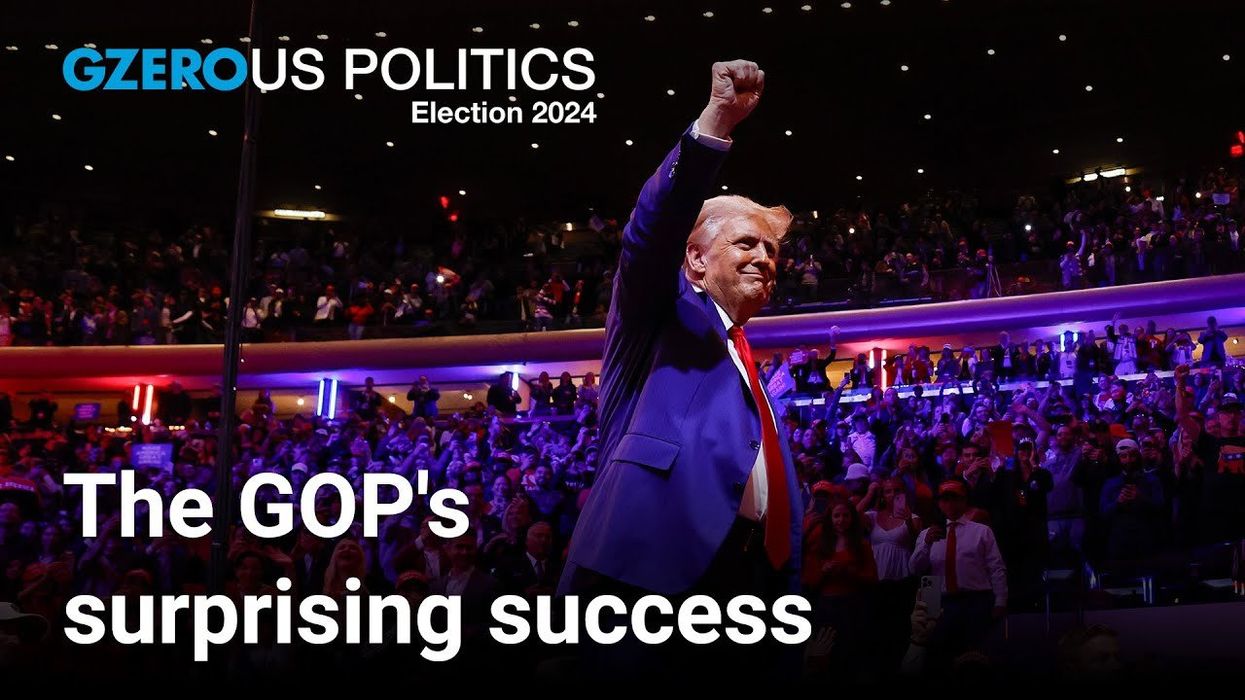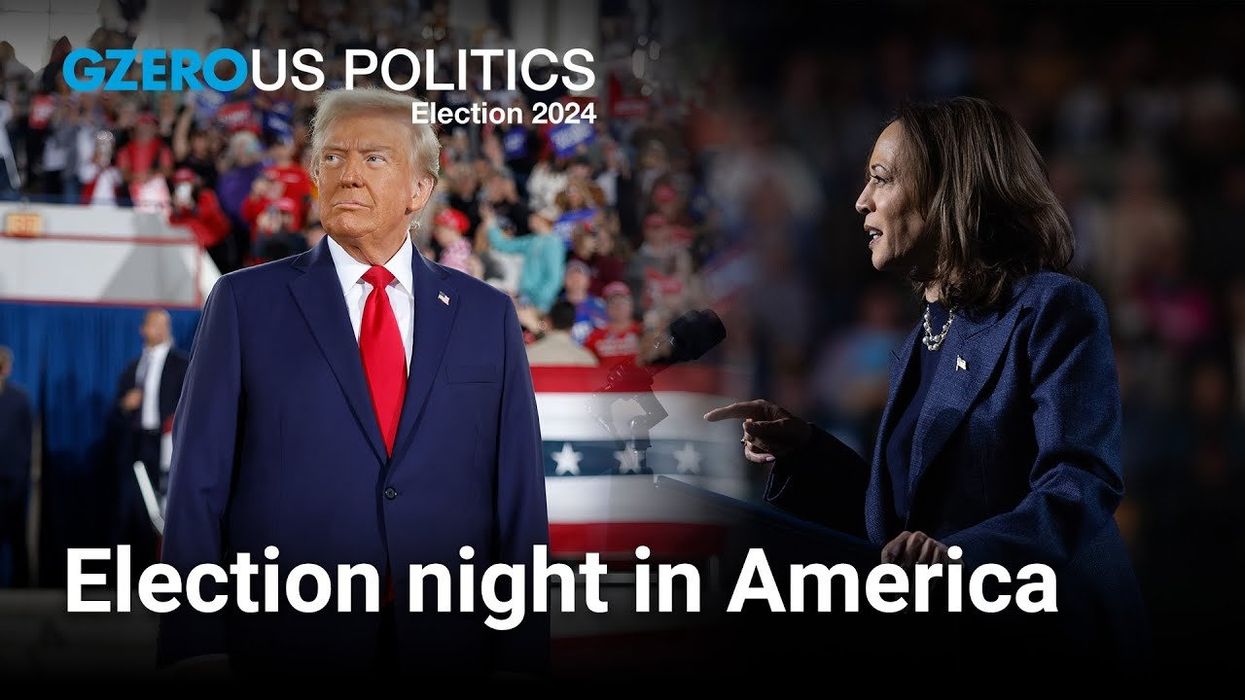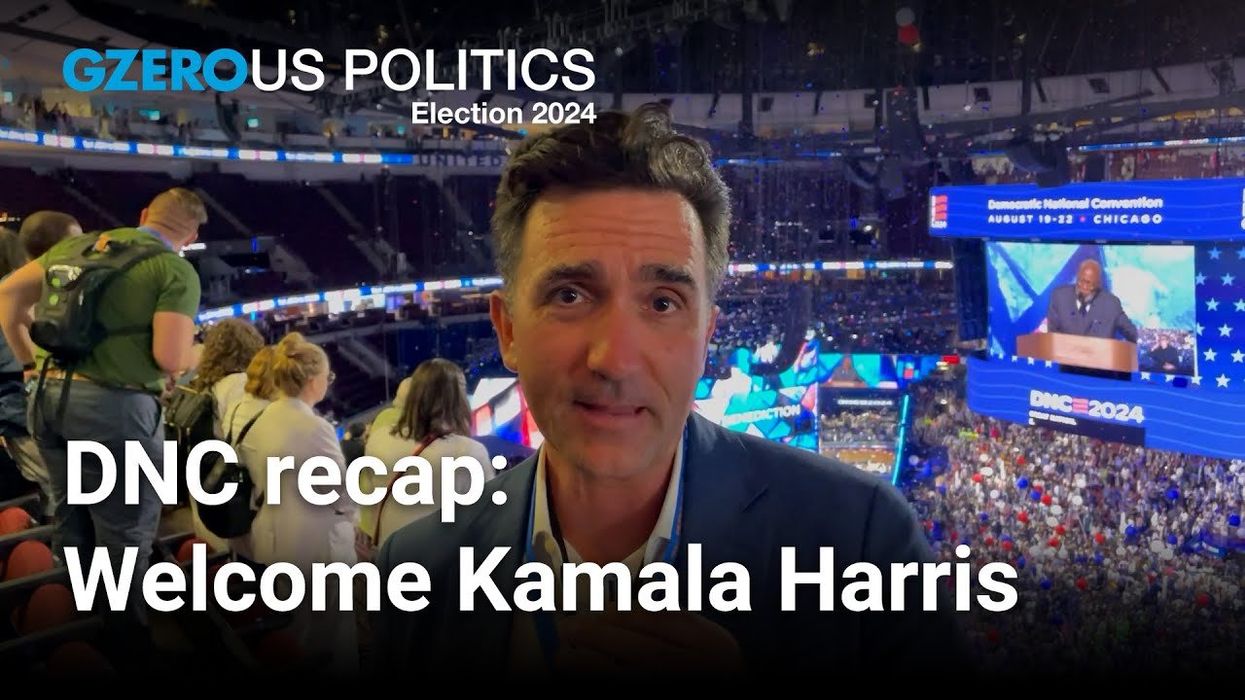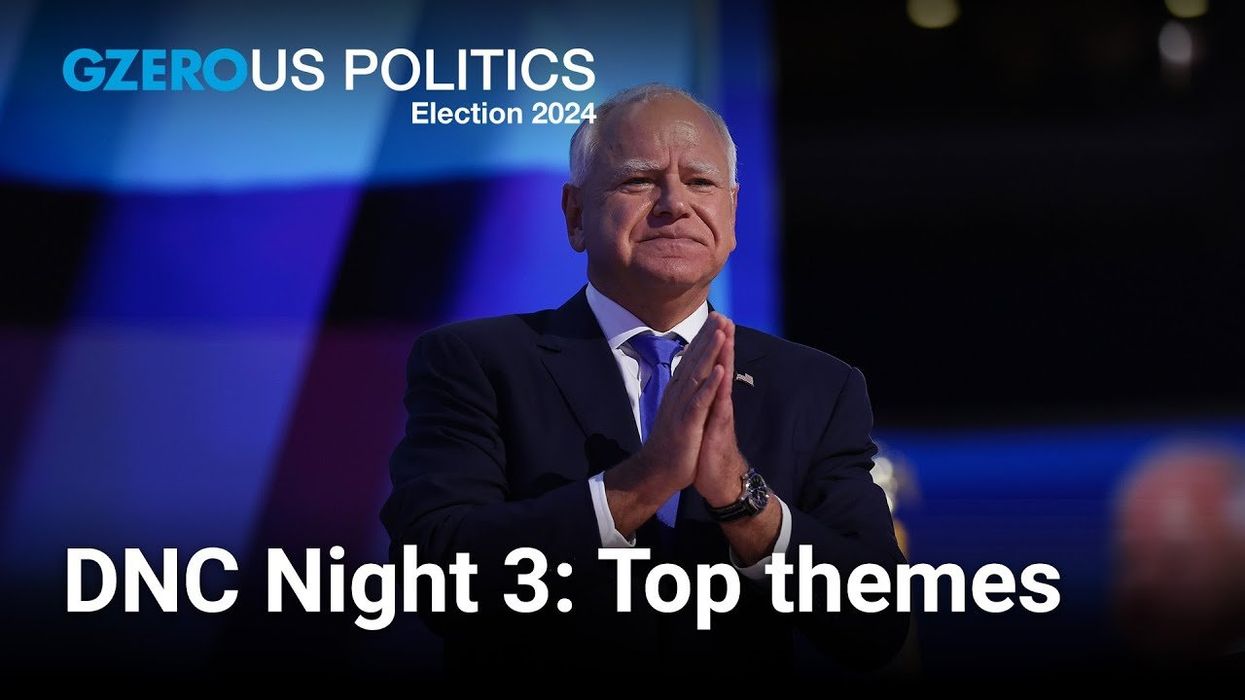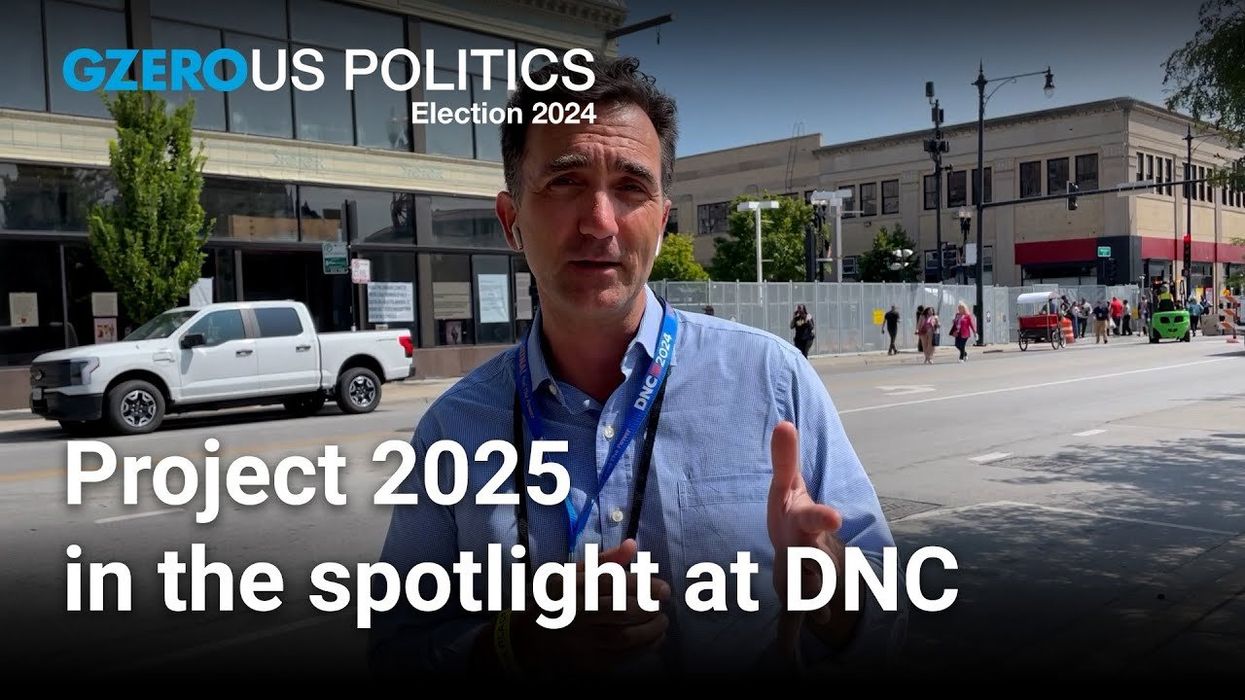US Politics In 60 Seconds
How Biden’s presidency will be remembered
As President Biden makes way for Trump in the Oval Office, how will he be remembered? Jon Lieber explains how global crises, inflation, and his China tech policy will shape history's perception of him.
Jan 18, 2025
